Dear friends,
I have just returned from my first board meeting with my fellow Elders since joining the group in March. We met in São Paulo, Brazil, and I came away inspired by our discussions which focused on the existential threats facing humanity and our planet.
Brazil has a critical leadership role to play in our dangerously divided world. As the current President of the G20 and the host of next year’s COP30 climate conference, it is uniquely positioned to push for greater action and ambition on the climate and nature crisis. It can also play a significant role in reforming the multilateral system to make it more effective and representative.
The Elders had the opportunity to discuss these issues directly with the Brazilian Minister of Finance, Fernando Haddad, on the last day of our board meeting in São Paulo. We also met with Brazil’s Minister for Racial Equality, Anielle Franco, who spoke powerfully about the scourge of racism and discrimination in her country.
Minister Franco also participated in a public event on the climate and nature crisis that the Elders hosted with civil society groups. Ellen Johnson Sirleaf, Mary Robinson, Gro Brundtland and Juan Manuel Santos all shared their experiences of leadership in panel discussions alongside Alice de Moraes Amorim Vogas from Brazil’s Institute for Climate and Society, the young Indigenous activist Paulo Galvao and Feliciano de Sá Guimaraes, Academic Director at the Brazilian Center of International Relations (CEBRI).
The event was organised with our partners from the Future of Life Institute and was another opportunity for people to sign up to our joint open letter on existential threats and long-view leadership that was launched earlier this year.
A common thread throughout all our discussions was the failure of today’s leaders to act with sufficient urgency and resolve in the face of multiple, interlocking crises.
The increasing contempt for international law shown by actors in the conflicts in Gaza and Ukraine, to name just two, means the whole international order is on the brink of collapse.
In a statement issued at the end of our meeting, we warned that the principles of the UN Charter are being subsumed by aggressive nationalism and great power rivalry. This is not in any state’s long-term interest.
The crumbling of the international order can be seen in the proliferation of conflicts affecting 2 billion people in countries including Myanmar, Sudan, Haiti and my own country, the Democratic Republic of Congo.
But in spite of these many complex and troubling issues, I came away from my first Elders’ meeting with a sense of hope. I was inspired by the commitment of this group to keep working for peace, justice, human rights and a sustainable planet. And I was profoundly impressed by the determination of the activists, the young people, the human rights defenders and the advocates we met who are all working for the same goals in challenging circumstances.
With thanks for your ongoing support,
Denis Mukwege
05/06/2024


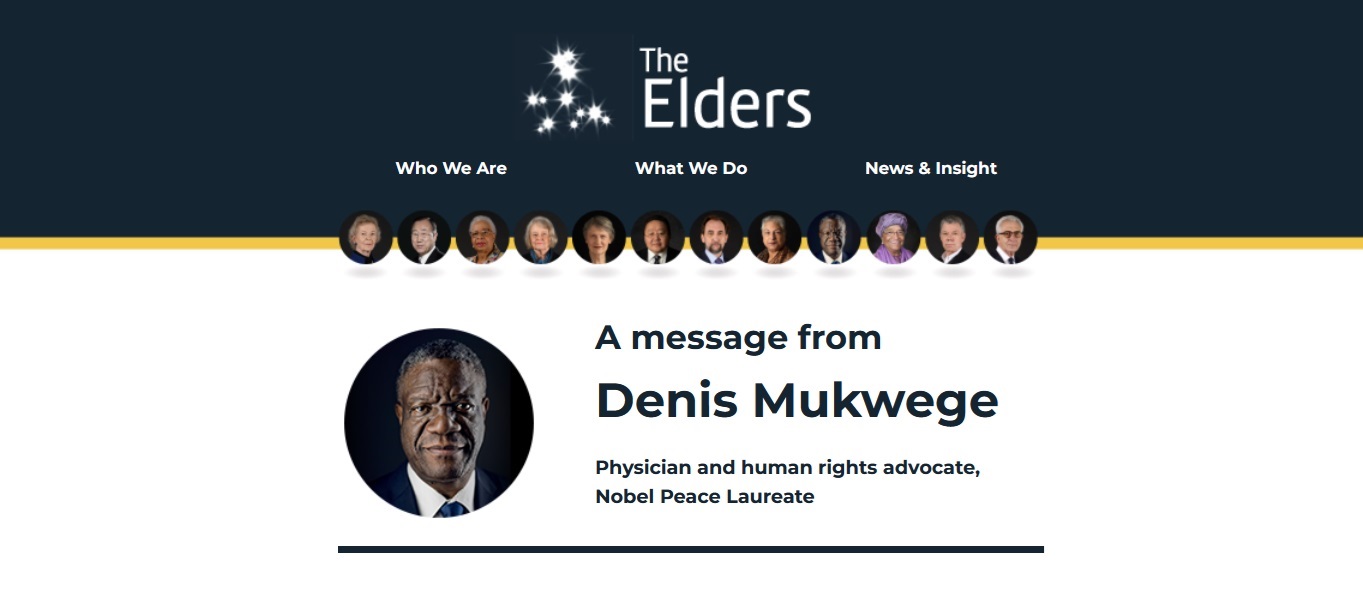


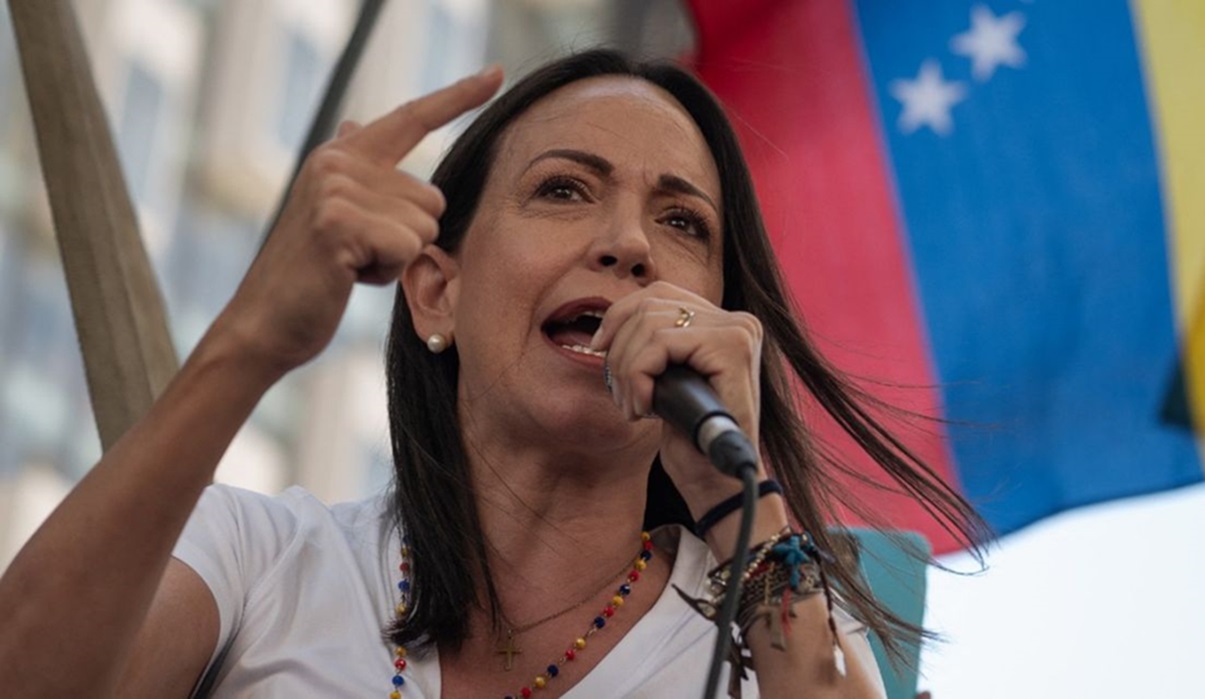

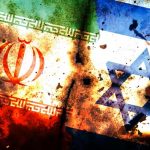
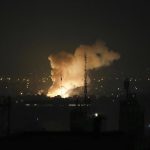
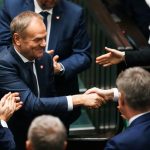

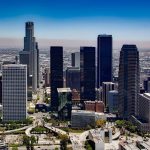
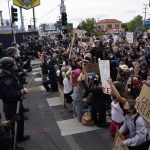

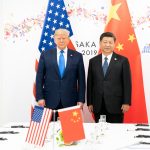


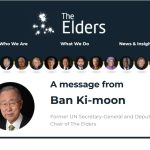


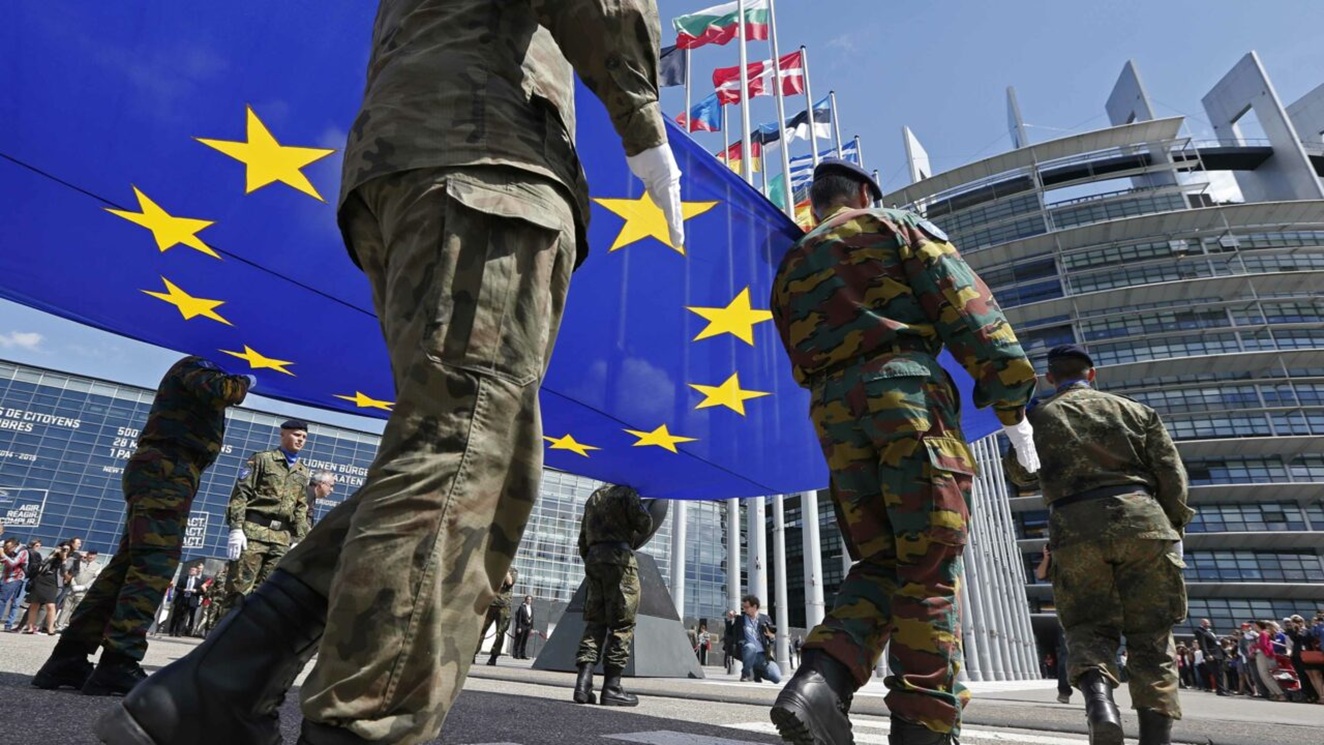
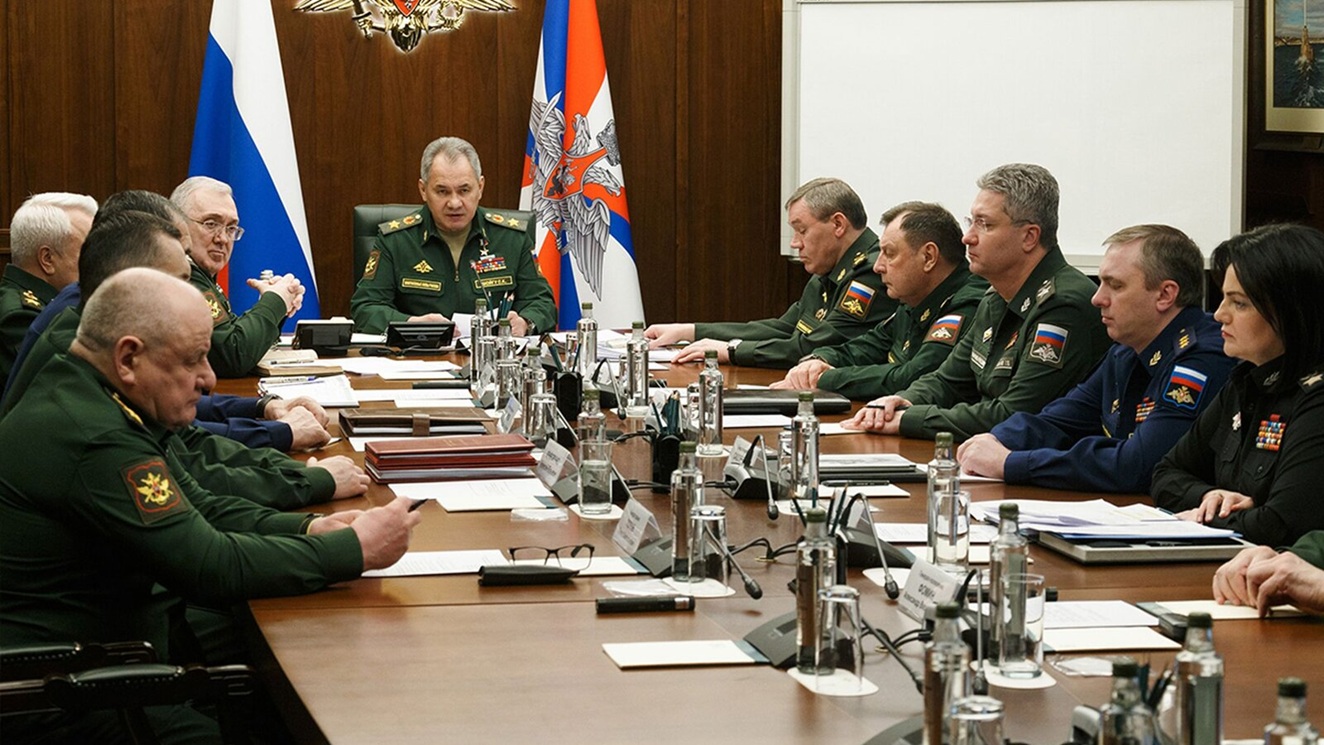
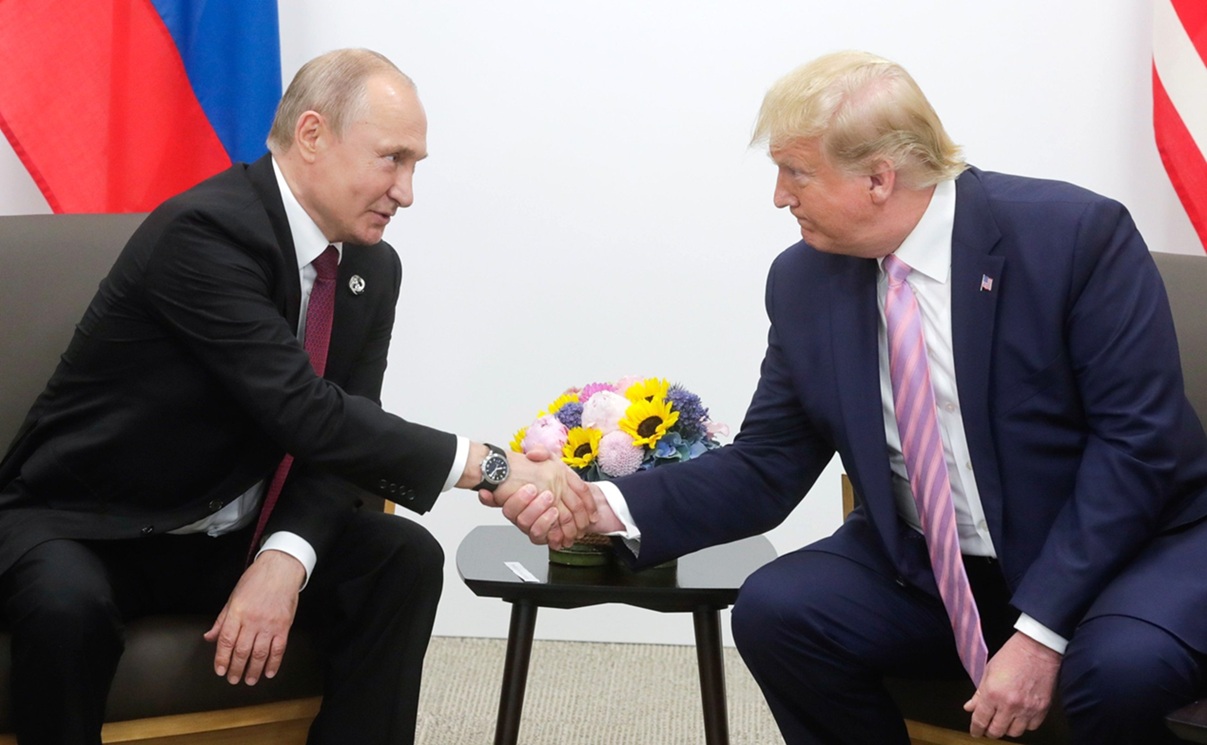
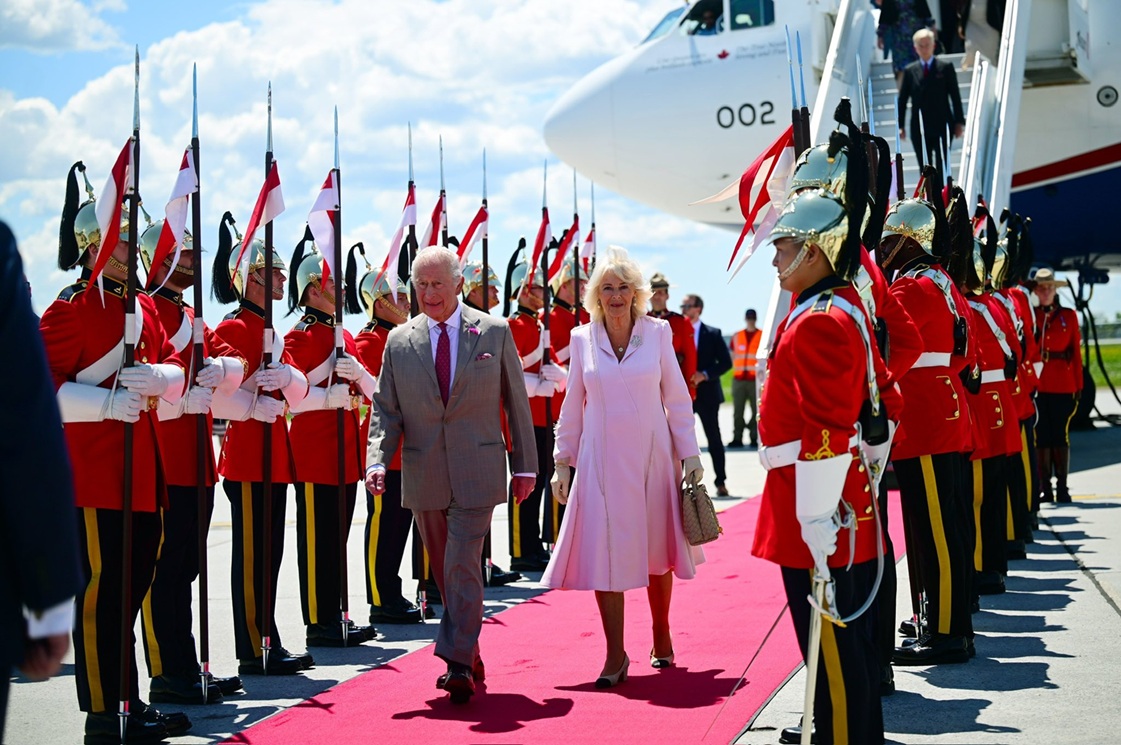
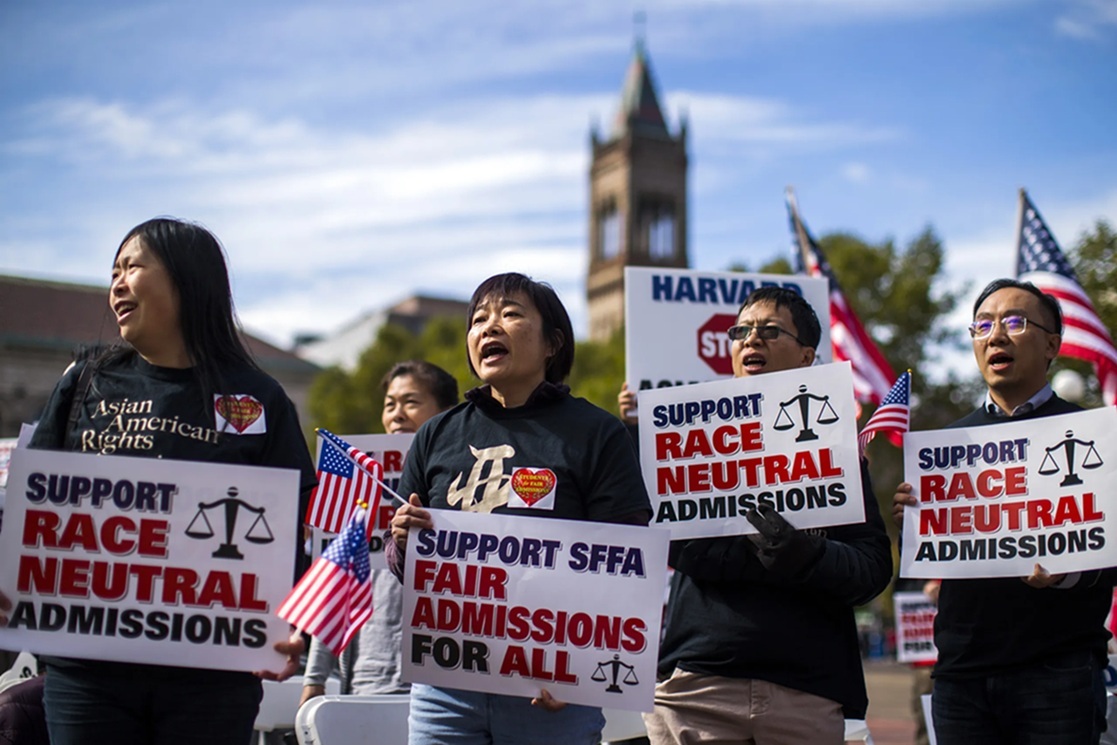

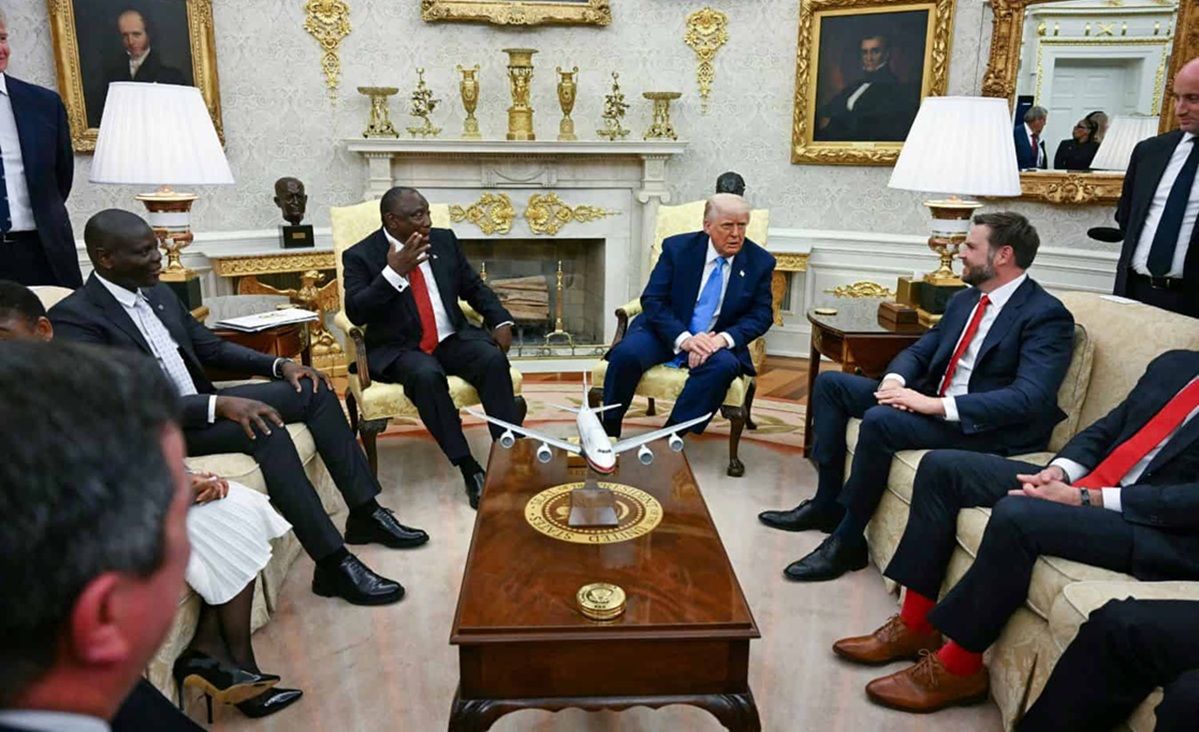
I am glad to be one of the visitants on this outstanding site
Thanks for sharing. I read many of your blog posts, cool, your blog is very good.